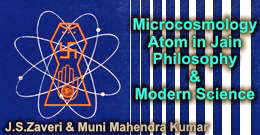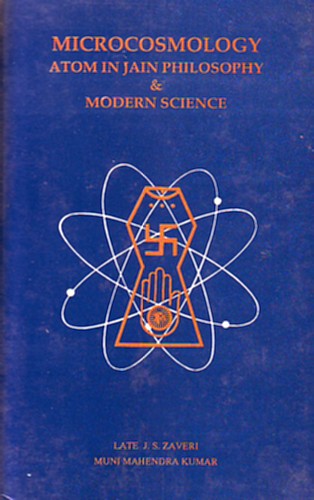
By virtue of their inherent quality of smell, material objects can be perceived by the olfactory organs. There are infinite varieties of smell but they are broadly divided into two categories (i) pleasant and (ii) unpleasant.
The scientific view of smell is that there are volatile components in the composition of material objects, which stimulate the olfactory organs of living beings. Like colour, smell can be split and analysed by gas chromatographic and mass spectroscopic methods. For instance, roasted coffee is found to contain as many as 100 or more volatiles, which together give the characteristic pleasant aroma of coffee.
Unlike smell, taste is not given 'out' by pudgala. The object itself has to come in intimate contact with the sense-organs of taste. As in the case of other qualities, there are infinite varieties of taste, which can be grouped together to form five categories. The taste of any object is the resultant of all different taste possessed by its composing elements.
 Jethalal S. Zaveri
Jethalal S. Zaveri
 Prof. Muni Mahendra Kumar
Prof. Muni Mahendra Kumar

